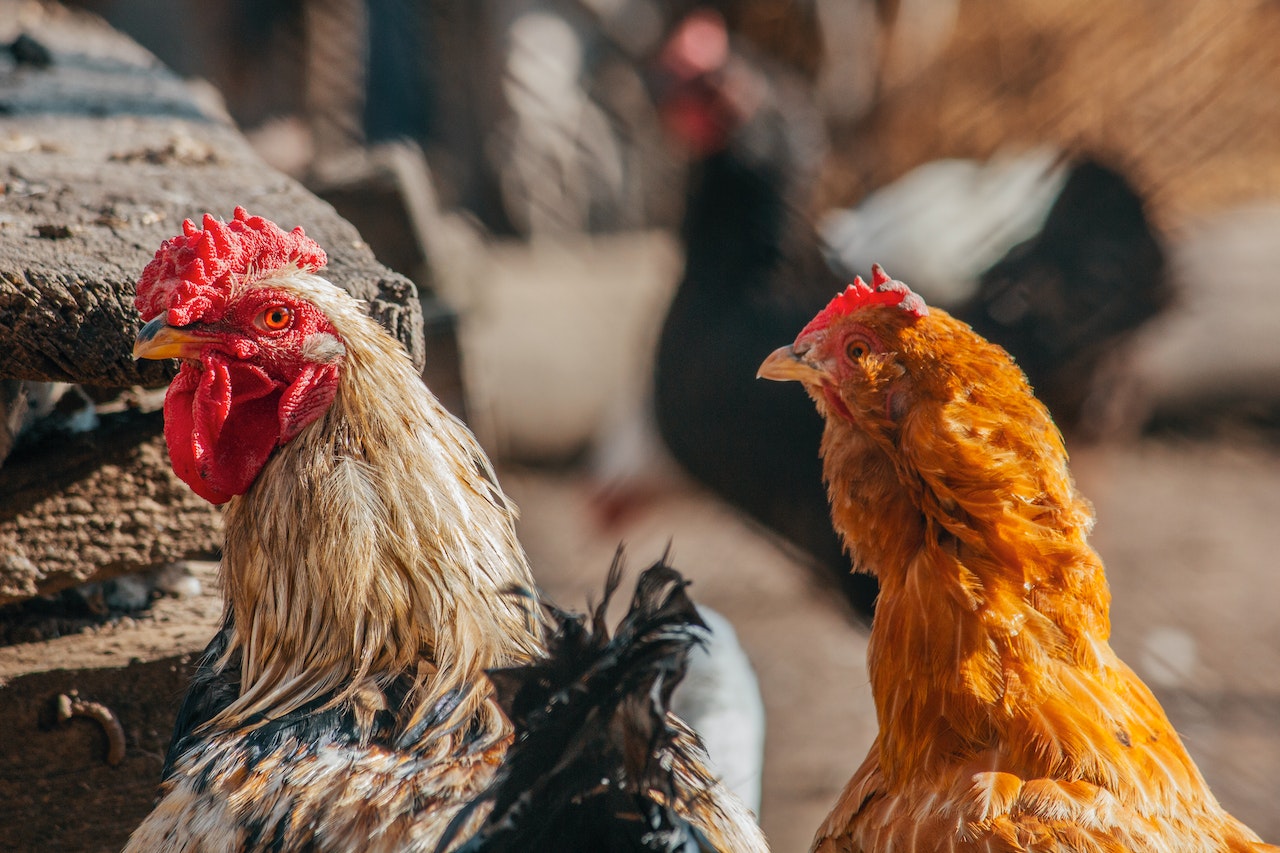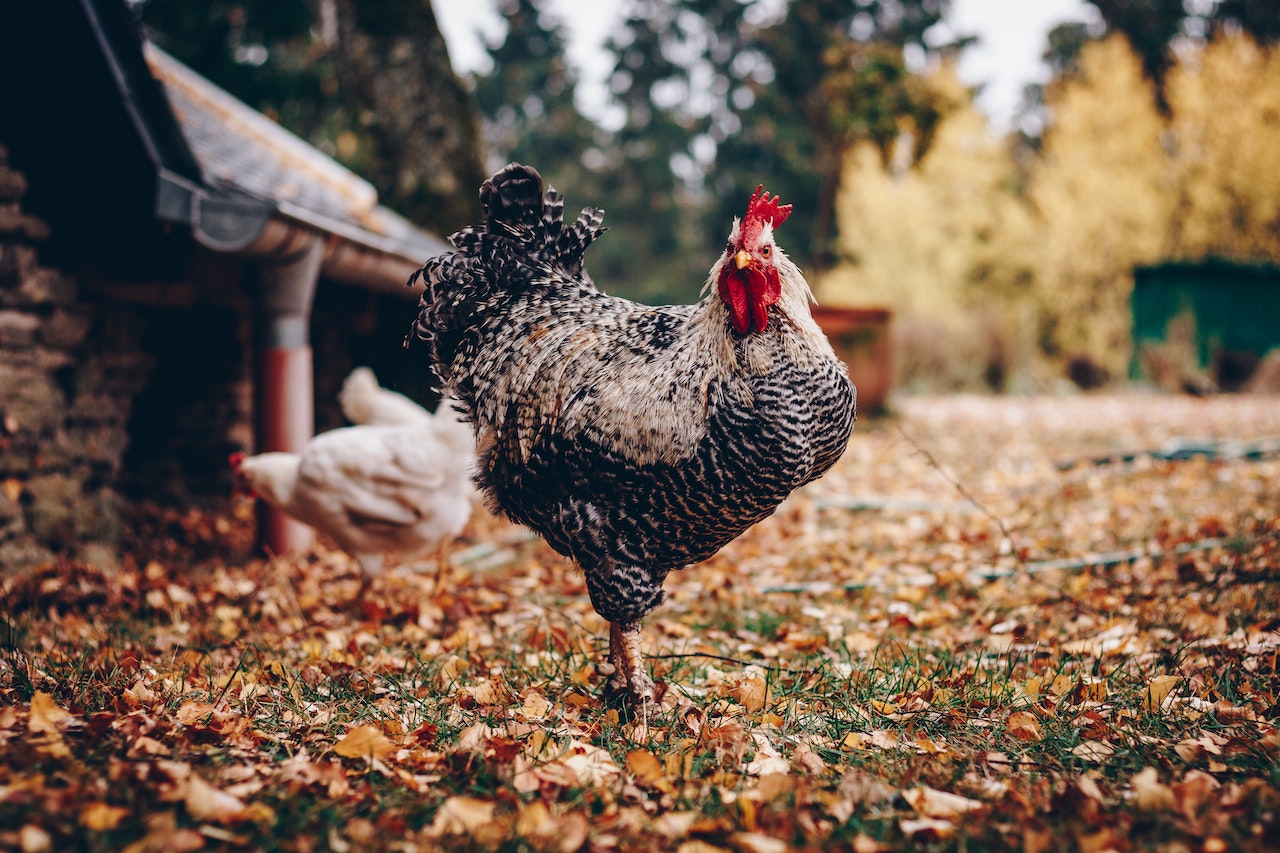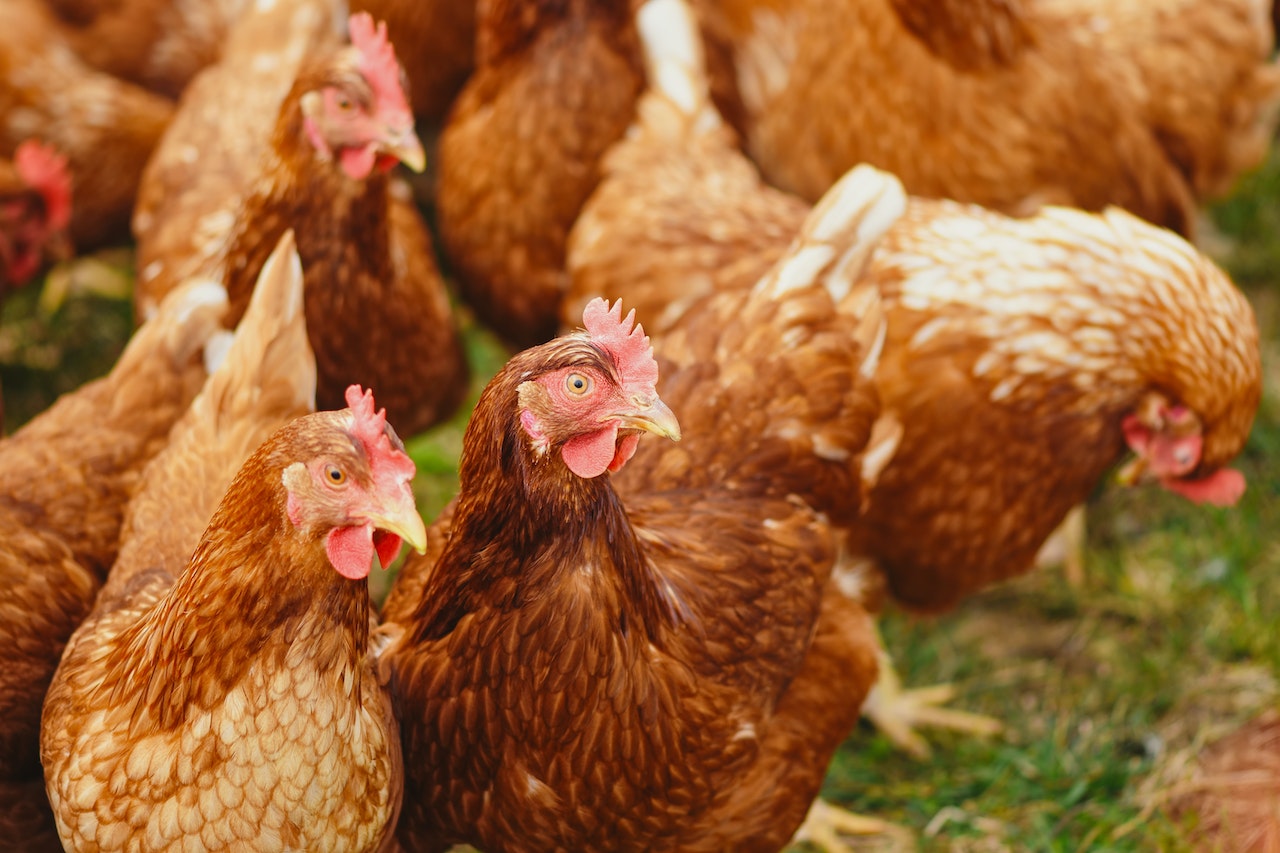
Sunflower seeds are a popular snack for humans, but can chickens enjoy them too? In this article, we will explore the topic of feeding sunflower seeds to chickens. We'll discuss the nutritional benefits, whether chicks can consume them, and how to properly incorporate sunflower seeds into a chicken's diet.
Can Chickens Eat Sunflower Seeds?
Yes, chickens can eat sunflower seeds. Sunflower seeds are a nutritious and beneficial addition to a chicken's diet. They are a good source of protein, healthy fats, vitamins, and minerals that support overall health and well-being.

Are Sunflower Seeds Good for Chickens?
Yes, sunflower seeds are generally considered good for chickens and can be a valuable addition to their diet. Here are some reasons why sunflower seeds are beneficial for chickens:
When feeding sunflower seeds to chickens, it's important to do so in moderation. Sunflower seeds are high in fat, so excessive consumption can lead to weight gain and potential health issues. Offer them as a treat or supplement to their regular diet rather than a primary food source.
Health Benefits of Feeding Chickens Sunflower Seeds
Feeding sunflower seeds to chickens can offer several health benefits due to their nutrient composition. Here are some potential health benefits of incorporating sunflower seeds into a chicken's diet:
- Protein Source: Sunflower seeds are a good source of protein, which is essential for muscle development, tissue repair, and overall growth in chickens. Adequate protein intake supports healthy feather production, especially during molting periods.
- Healthy Fats: Sunflower seeds contain healthy fats, including monounsaturated and polyunsaturated fats, which are beneficial for chickens. These fats provide a concentrated source of energy, help maintain body temperature, and support the health of feathers and skin.
- Vitamin E: Sunflower seeds are rich in vitamin E, an antioxidant that helps protect cells from damage caused by free radicals. Vitamin E plays a crucial role in maintaining a robust immune system, promoting healthy reproduction, and supporting overall vitality in chickens.
- Mineral Content: Sunflower seeds contain important minerals such as magnesium, selenium, and phosphorus. Magnesium is essential for bone health and nerve function, while selenium acts as an antioxidant and supports the immune system. Phosphorus is necessary for proper bone development and eggshell formation.
- Omega-6 Fatty Acids: Sunflower seeds are a source of omega-6 fatty acids, which have anti-inflammatory properties and support the immune system. While omega-6 fatty acids are beneficial, it's important to maintain a balanced ratio with omega-3 fatty acids in the overall diet.
- Natural Antioxidants: Sunflower seeds contain natural antioxidants, including phenolic compounds and tocopherols, which can have protective effects on the body's cells and tissues.
Including sunflower seeds as part of a varied and balanced diet for chickens can contribute to their overall health, vitality, and productivity. However, it's important to remember that sunflower seeds should be offered in moderation as a supplement or treat, alongside a complete feed specifically formulated for chickens.
As with any dietary changes, it's advisable to introduce new foods gradually and monitor the chickens' response. If you have any concerns or specific questions about your flock's dietary needs, consulting with a poultry veterinarian or an experienced poultry keeper can provide tailored advice for your chickens' well-being.
Can Chicks Eat Sunflower Seeds?
Chicks can consume sunflower seeds, but there are a few considerations to keep in mind when feeding them to young chicks:
Chicks can start eating solid foods, including sunflower seeds, when they are around 1 to 2 weeks old. Before introducing any new foods, it's important to ensure that their digestive systems have developed enough to handle solid foods. Sunflower seeds can be too large and hard for very young chicks to consume comfortably. To make them more manageable, you can grind or crush the sunflower seeds into smaller pieces or offer them in the form of sunflower seed meal.
Like with adult chickens, moderation is key when feeding sunflower seeds to chicks. While sunflower seeds provide beneficial nutrients, they should be offered as a supplement or treat in small quantities. Their primary diet should consist of a complete chick starter feed that meets their nutritional requirements.
How to Feed Sunflower Seeds to Chickens
Feeding sunflower seeds to chickens can be a simple and enjoyable process. Here are some guidelines on how to feed sunflower seeds to chickens:
- Choose the Right Type: Select high-quality, unsalted sunflower seeds for your chickens. Ensure that the sunflower seeds are fresh and free from any additives or preservatives. Organic or non-GMO options can also be considered.
- Moderation is Key: Sunflower seeds should be offered to chickens in moderation, as they are high in fat. Use sunflower seeds as a treat or supplement to their regular diet rather than a primary food source. Overfeeding can lead to weight gain and potential health issues.
- Introduce Gradually: If you're introducing sunflower seeds to chickens for the first time, do so gradually. Start with a small quantity and observe how they respond. This allows their digestive systems to adjust to the new food. If any digestive issues arise, reduce or discontinue the amount of sunflower seeds.
- Whole or Ground: You have the option to feed chickens whole sunflower seeds or ground seeds. Whole seeds can be offered as a treat, allowing the chickens to peck and break them open. Ground sunflower seeds can be mixed into their regular feed or used as an ingredient in homemade treats or mash.
- Shell Considerations: Sunflower seeds can be fed to chickens with or without their shells. If you choose to feed them with the shells, ensure they are broken or cracked to make it easier for the chickens to consume the kernel. Some chicken keepers prefer to remove the shells to avoid potential digestive issues or choking hazards.
- Balanced Diet: Remember that sunflower seeds should not replace a balanced diet for chickens. They should be part of a varied diet that includes commercial poultry feed, grains, vegetables, insects, and other protein sources. A balanced diet ensures that chickens receive all the necessary nutrients for optimal health and productivity.
- Freshness and Storage: It's important to store sunflower seeds properly in a cool, dry place to maintain their freshness. Avoid feeding rancid or moldy seeds to chickens, as this can lead to digestive problems or illness. Rotate your stock regularly to ensure you're using fresh sunflower seeds.
By following these guidelines, you can safely and enjoyably feed sunflower seeds to your chickens as a nutritious treat. Always monitor their response and adjust the quantity as needed. If you have any concerns or specific questions about your flock's dietary needs, consulting with a poultry veterinarian or an experienced chicken keeper can provide further guidance tailored to your chickens' well-being.
Final Thoughts
Sunflower seeds can be a nutritious and enjoyable addition to a chicken's diet. Understanding the benefits they offer and how to properly incorporate them into a chicken's feeding routine is key to ensuring their well-being. By following the guidelines outlined in this article, you can confidently provide sunflower seeds as a treat to your chickens, promoting their health and happiness.



